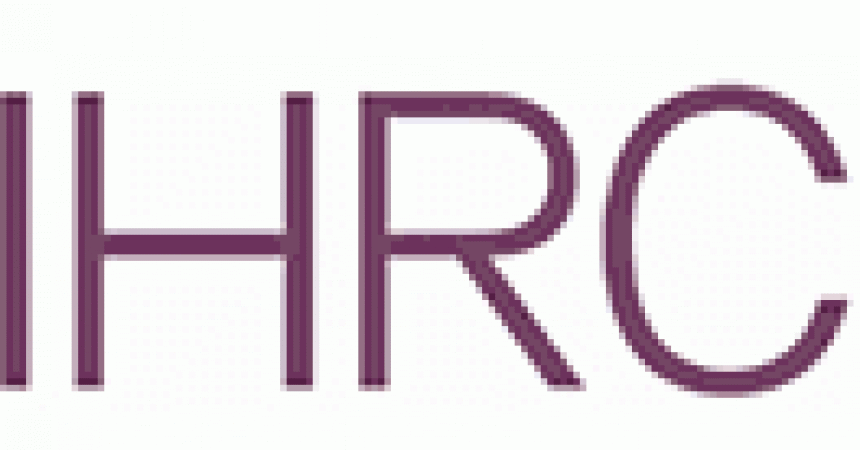
IHRC Discussion Paper Part 11 – Questions for Consideration
This is an extract from a discussion paper written by the Irish Human Rights Commission about religious education and human rights. Atheist Ireland is preparing a response to this discussion paper, and we welcome your feedback on it.
Questions for Consideration
Legitimate questions arise in relation to the system of religious education/ instruction in Ireland and its adherence to relevant human rights standards. A number of questions are posed below for discussion purposes, but by no means are meant to be exhaustive of the issue.
Structure: The Patronage System
The State remains formally neutral in matters between different religious denominations, most notably as set out in the Education Act 1998 which gives legislative status to school “patrons” (to whom Boards of Management are accountable for the upholding of the ethos or “characteristic spirit” of schools).
Are the procedures in place sufficient to respect human rights? Is it possible for the State to meet its human rights obligations by formally providing funding on an equitable basis to denominational, multidenominational and non-denominational schools, or is more required, taking into account the number of denominational schools in the State today?
Would providing effective access to either denominational or secular education to families based upon their preference satisfy all the human rights concerns set out in this paper?
The Education Act 1998 sets out how schools operate an internal complaints system. Is this process adequate and effective, taking into account the time-sensitivity which may be involved in resolving complaints?
Access to a school of one’s choice
Both the Constitution, the ECHR and the ICCPR provide for respect for the liberty of parents to ensure the religious and moral education of their children in conformity with their own convictions, whereas the emphasis in the CRC is on the freedom of religion of the child, with parental direction consistent with the child’s evolving capacities, particularly in their teenage years.
How are questions of access, distribution and State funding of schools addressed in the system for recognition of patronage? What procedures are in place to secure the rights explored in this paper?
The information and knowledge conveyed
Should the State ensure that information and knowledge included in the curriculum is conveyed in an objective, critical and pluralistic manner in the classroom?
If the State were to require that information about religion be imparted in an objective, critical and pluralistic manner, would this vindicate the right to freedom of thought, conscience and religion of communities and
individuals who have a preference for denominational education for their children?
Should the State focus on its duty to respect parents’ religious convictions. If so, what precisely does that duty entail for minority children in the existing system which has a high number of denominational schools: a) no change, b) provision of education in the religion of choice, c) an exemption from religious classes only or d) provision of an objective, critical and pluralistic education to students to extend to the general ethos of the school?
The Purpose of this Discussion Paper
This Discussion Paper was launched at the Conference entitled Religion and Education: A Human Rights Perspective, at Trinity College Dublin, on Saturday 27 November 2010.
The purpose of the Conference is to open the debate on religion and education from a human rights perspective and to launch a consultation process on the basis of same. As Ireland’s national human rights institution, the IHRC is uniquely placed to do this. It does so without adopting definitive stances at this stage on most of the issues
canvassed by this paper.
The purpose of the paper is to set out the human rights standards pertaining under the Constitution and international agreements to which the State is a party and on the basis of those standards to elicit responses to a number of questions. On the basis of the feedback received and further analysis, the IHRC will make recommendations to Government pursuant to Section 8(e) of the Human Rights Commission Act 2000 on the measures required for the State to meet its human rights obligations in this area.
Accordingly individuals and organisations are invited to write to the IHRC with views/ comments submissions on the Questions for Consideration by 31 January 2011. A summary of the submissions received will be made available on the IHRC website early next year and will inform ongoing IHRC consideration of this issue thereafter.




0 Comments
No comments!
There are no comments yet, but you can be first to comment this article.